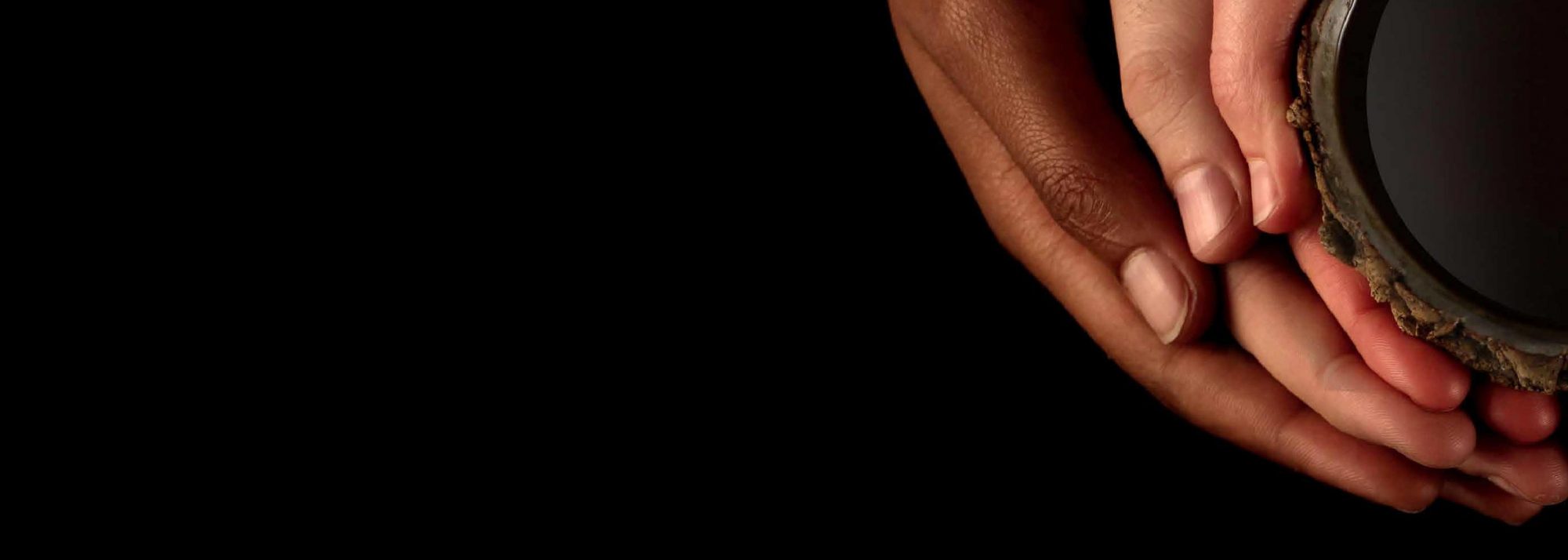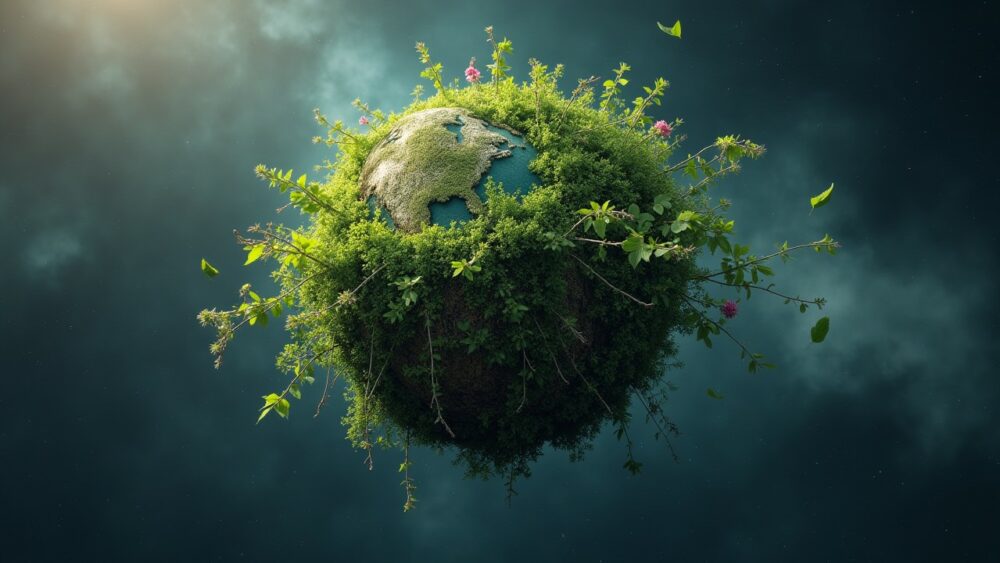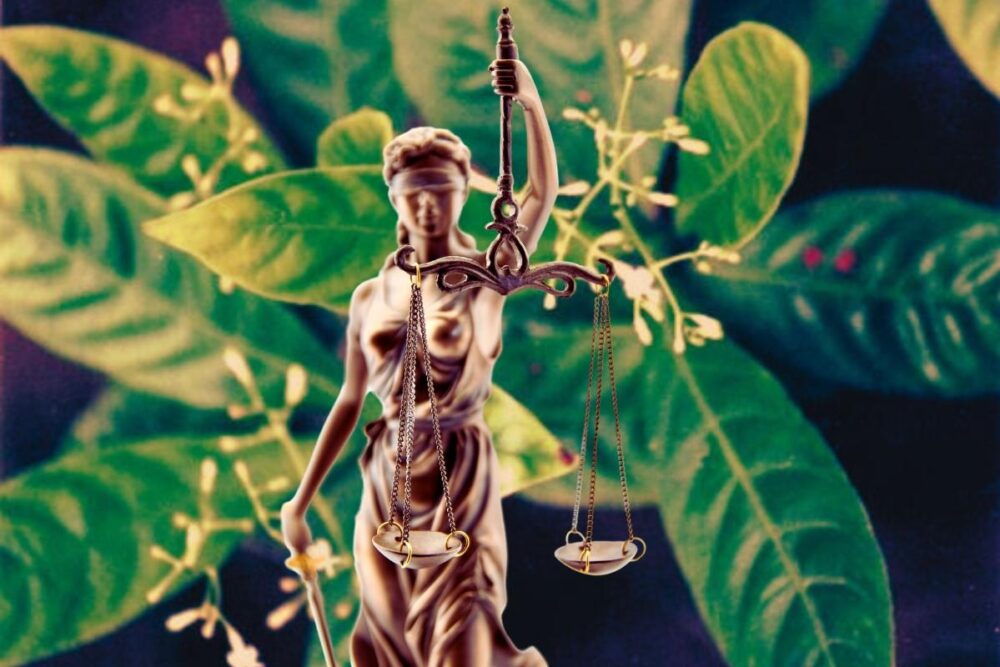The international drug control framework
What is the international legal status of ayahuasca and other psychoactive plants? DMT is a Schedule I controlled substance regulated by the Controlled Substances Act (CSA). The statutory maximum punishment for possession or import of DMT or a substance found to contain DMT is 20 years imprisonment.
In recent years, the international drug control framework has been increasingly questioned and openings have been created in the debate as to whether the prohibition and severe drug policies centered on repression, stigmatization and criminalization are the most appropriate to manage the challenges associated with psychoactive substances.
In many parts of the world, legal and public policy alternatives are being sought to overcome the unwanted consequences of prohibition and models of liberalization and regulation are being contemplated, particularly with cannabis. However, the plants used in indigenous and traditional societies since time immemorial, and more specifically ayahuasca, are experiencing growing repression.
International legal status
Although dimethyltryptamine (DMT), mescaline, psilocybin and other psychoactive compounds present in traditional plant-based materials are scheduled under the UN Convention on Psychotropic Substances of 1971, according to the INCB none of these plants, nor concoctions that them, currently fall under international control (in practice, this has been differently interpreted by judges in each State – please see the ADF National Legal Status section). The Board adds that countries may have chosen to schedule ayahuasca at the national level.
The same counts for cacti containing mescaline, mushrooms containing psilocybin, etc. Although only a few countries have explicitly prohibited some of these materials, such as France, in most states they exist in a legal limbo that exposes people who import, organize ceremonies and use these ethnobotanicals to significant legal uncertainty. Since the 90s, and more intensely since 2010 when the first ‘social alarm’ instigated by the INCB appeared in its Annual Report, there have been arrests and prosecutions in many parts of the world for activities related to these practices.



